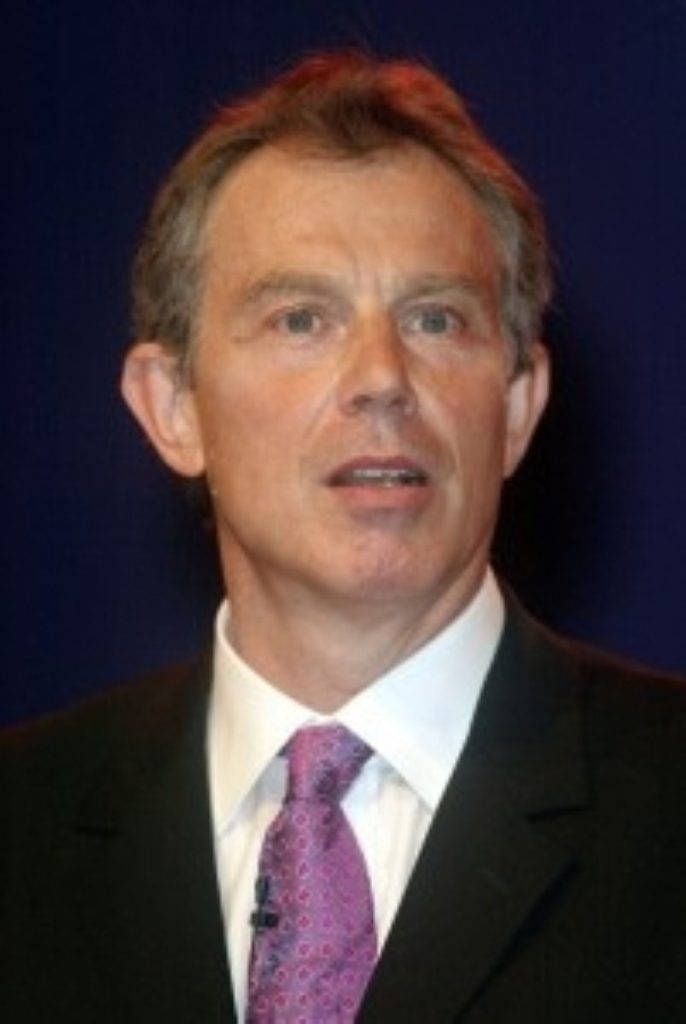Blair prepares for EU conference
Tony Blair will be arriving in Brussels on Thursday evening for a meeting of the EU’s Council of Ministers.
This will be the first chance that EU leaders have had to discuss the implications of President Bush’s re-election, and Iraq is sure to be high on the agenda.
Yesterday, the Prime Minister’s Official Spokesman said that one of the main areas of discussion would be an action plan to help Iraq, particularly in the areas of policing, criminal justice and administration.
Other key items on the agenda for the two-day summit will be the Lisbon strategy of economic growth and EU policies on asylum and immigration. Wim Kok, the former Dutch finance minister, will present a report on how to invigorate the Lisbon Strategy, which is designed to ensure the EU matches the US’s dynamic economy.


The Conservatives have urged the Prime Minister to throw his weight behind attempts at economic reform. Its Shadow Europe Minister, Graham Brady, said: “I support the Lisbon agenda’s economic objectives, but I am deeply critical of the failure to match words with deeds. It is simply all talk.
“The only countries who are performing are the Nordic countries and those outside the euro zone. When is it going to occur to the EU that genuine reform is needed if Europe is to be a realistic competitor with the United States?”
The Refugee Council, on the other hand, is calling for the summit’s focus to be on the EU’s asylum policy. Its chief executive, Maeve Sherlock, said: “We urge the UK government to use its considerable influence to restore refuge protection to the heart of Europe’s asylum agenda, and to ensure that the responsibility for refugee protection is shared by the international community, rather than shifted outside of the EU and on to the world’s poorest countries.”
One of the issues to be resolved under asylum, is the move towards a greater use of qualified majority voting. Though this has caused some controversy within UK domestic politics, the Liberal Democrats today signalled their support for the move. Mark Oaten said: “The introduction of majority voting on asylum and immigration is a sensible and pragmatic move which does not threaten our interests. In a Europe of 25 countries, decisions have to be made by majority voting – otherwise no decisions will be made.
“By removing the ability of a single EU member to veto these measures, a European solution to asylum stands a better chance of working.”

